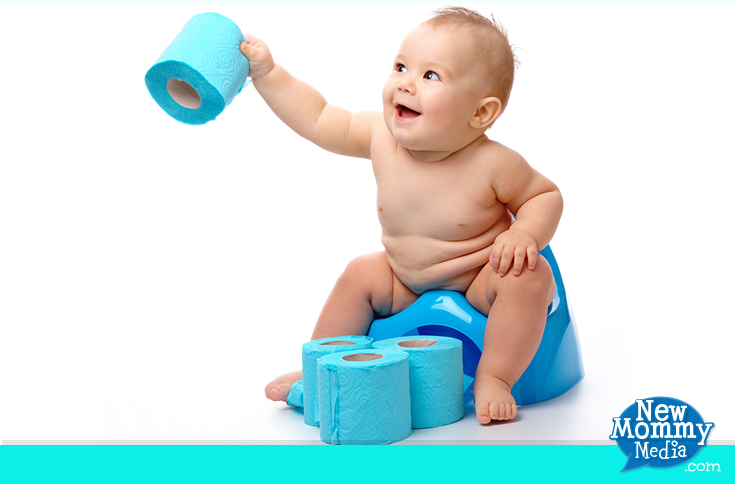Potty-Training at Naps and Night
In this article:
- What are the differences between daytime and naptime/nighttime potty training?
- How to know when your child is ready?
- What can parents do to help kids stay dry at night and deal with accidents?

Even once your little one starts using the potty on a regular basis, it may not be time to abandon those diapers and pull-ups just yet. Naptime and nighttime are often called the final frontiers in potty training because they typically take longer for kids to master. Fortunately, there are some things parents can do to make the transition a little bit easier.
What are the differences between daytime and naptime/nighttime potty training?
While daytime potty training relies on a combination of physiological/social/emotional readiness, communication skills, and cognitive development, nighttime potty training is largely based on physiological readiness. Every child’s nervous system is unique and even if they are advanced intellectually and emotionally, their bladder might not be able to physically handle the task of holding urine and/or sending a wake-up message to the brain. Even more so than daytime accidents, nighttime accidents are often involuntary.
TIP: Potty-training success hinges on physical and emotional readiness, not a specific age. Want more information about potty training during naps and at night? Listen to our episode or read our transcript!
How to know when your child is ready?
Generally, a child might be ready for day time potty training once their diapers are staying dry for 2 hours a time, as this suggests the bladder’s ability to hold urine. However, nighttime potty training can take longer since young children can sleep for 10-11 hours straight.
As a rule, by age 6, 85% of children should be able to go through the night without accidents. If you’re child isn’t making it through the night before age 6, there’s not much reason to worry, but after that pediatricians and psychologists will look into reasons why the child may not be fully mastering nighttime potty training.
What can parents do to help kids stay dry at night and deal with accidents?
- Keep in mind that accidents happen and that they’re a normal part of the process. When it comes to daytime potty training, make the child aware of your emotional response. Encouraging them to be eager to please can be a great motivator. But when it comes to nighttime potty training, avoid making too much of a big deal out of either staying dry or having an accident. Keep in mind that these accidents are often involuntary. Putting too much emphasis on the outcome can make your little one feel bad about him/herself.
- Don’t cut off fluids before age 3; after that you can help your child make the cognitive connection between drinking fluid before bed and needing to use the potty.
- Don’t multi task. For example combining weaning with potty training might be too much at once.
- Have a plan for when they wake up needing to go. You could try placing a potty next to their bed or encourage them to call out to you when they wake up with the urge.
- If you’d prefer to avoid waterproof mattress covers, consider buying a few years of waterproof fabric from the craft store instead. This option might be easier to wash and dry.